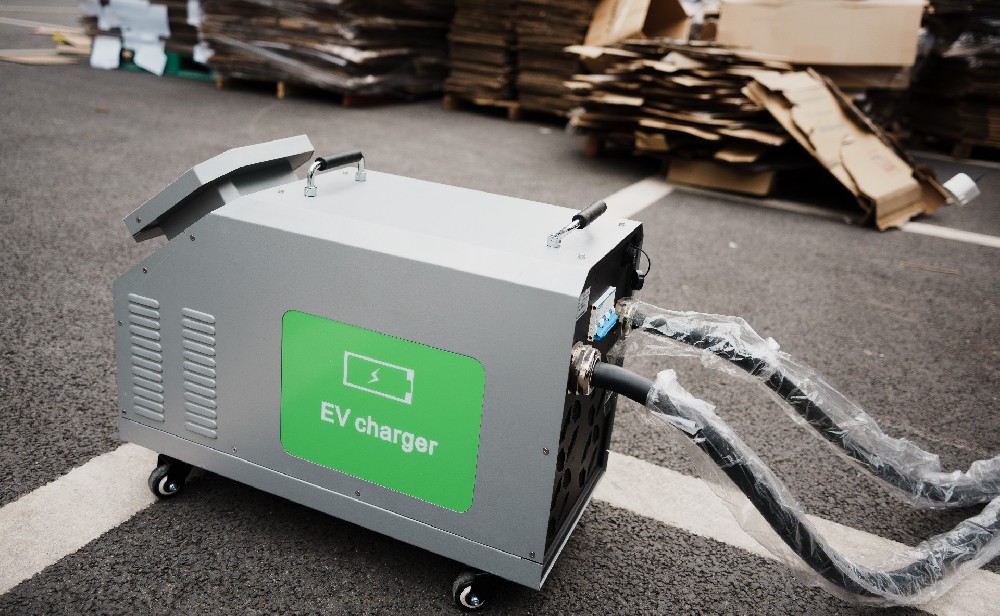-
13822183778@139.com
-
13822183778
The driving effect of the development of electric vehicles
In 2024, the development of electric vehicles has become the mainstream trend in the global automotive industry. It is like a giant rock thrown into an economic lake, stirring up waves and exerting a universal and profound driving effect on multiple industries.

Firstly, the development of electric vehicles has greatly promoted the progress of the battery industry. High performance batteries such as lithium batteries are important components of electric vehicles. With the continuous growth of demand for electric vehicles, battery companies are increasing their research and development investment to improve the energy density, range, and safety of batteries. This not only promotes the evolution of battery technology from traditional lithium-ion batteries to more advanced technologies such as solid-state batteries, but also drives the development of the battery raw material industry. For example, the mining and refining industries of metals such as lithium, cobalt, and nickel have ushered in opportunities for vigorous development.
Secondly, the rise of electric vehicles has injected new vitality into the electronic information industry. Electric vehicles are highly intelligent mobile terminals that integrate a large number of electronic components such as sensors, chips, and electronic control systems. This requires electronic information companies to continuously develop high-performance and high reliability products that are suitable for the automotive environment. The application of autonomous driving technology and vehicle networking technology in electric vehicles is becoming increasingly common, which has driven the collaborative development of the entire electronic information industry chain, including sensor manufacturers, chip manufacturers, software developers, and others.
Furthermore, the development of electric vehicles has a profound impact on the power industry. The demand for charging a large number of electric vehicles has changed the consumption structure of electricity. On the one hand, it prompts power companies to accelerate the construction of infrastructure such as charging stations, from slow charging stations to fast charging stations, and then to explore wireless charging technology; On the other hand, it has also promoted the transformation of the power system towards a smart grid, in order to better cope with the randomness and volatility of electric vehicle charging, and achieve effective distribution and utilization of electricity.
In addition, in the manufacturing industry, the production of electric vehicles involves the manufacturing and assembly of numerous components, which has driven the transformation and upgrading of automotive component suppliers. Traditional suppliers of engine, transmission and other components are gradually transforming into fields such as electric motors, battery management systems, and lightweight material components. Some emerging component companies have also emerged to provide more environmentally friendly and efficient components for automobile manufacturing.
Once again, the development of electric vehicles has also driven a transformation in the service industry. For example, the after-sales service field requires professional technicians to maintain and repair the complex electronic systems and batteries of electric vehicles; The shared car industry has also heavily adopted electric vehicles due to their low-cost operation and environmental characteristics, changing the mode of urban transportation.
In short, the development of electric vehicles is like a powerful engine, driving the development of multiple industries such as batteries, electronic information, power, manufacturing, and services, playing an irreplaceable role in promoting the global economy's transition towards green and intelligent direction.
 How long does it take to charge ···
How long does it take to charge ···
 DC Fast Charging CCS type 2 plug
DC Fast Charging CCS type 2 plug
 The high-voltage and high-curren···
The high-voltage and high-curren···


